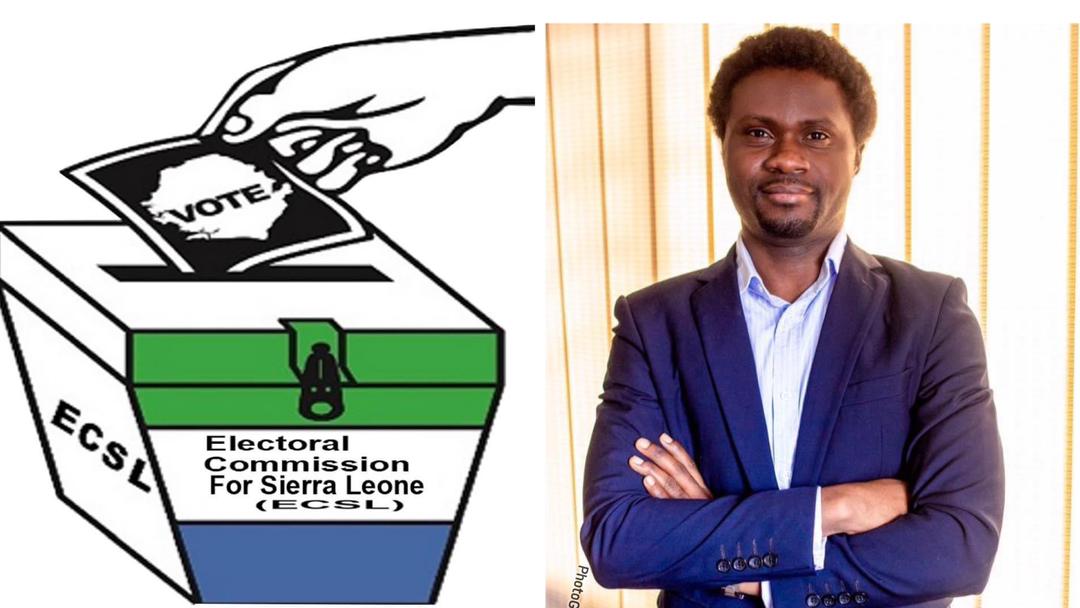Prominent activist and lawyer Augustine Sorie-Sengbe Marrah has filed a case against the Electoral Commission for Sierra Leone (ECSL) in the Supreme Court, accusing them of unlawfully denying him access to crucial election data.
In a tweet, Marrah stated that he is seeking access to the unaggregated data results, also known as the Results Reconciliation Forms, for all 11,712 polling stations that formed the basis of the results announced by ECSL in the last general elections. He argues that the ECSL’s refusal to grant his request is a violation of his right to freedom of expression and his rights to receive information, as guaranteed by the Constitution of Sierra Leone and the Right to Access Information Act 2013.
Marrah emphasizes that his legal action is not about determining the outcome of the last elections or questioning who won or lost. Instead, it is about promoting transparency and accountability in the electoral process and the management of elections in Sierra Leone. He believes that institutions should be accountable to citizens and should not consider themselves above the laws of the country, especially the Constitution.
“I have asked the Court to hold that ECSL’s denial of my request was unlawful, unjustified in law and a violation of my right to freedom of expression, particularly my rights to receive information as guaranteed by section 25 of the Constitution of Sierra Leone and section 2 of the Right to Access Information Act 2013.” He noted
Marrah’s case highlights the importance of citizens’ rights and their role in demanding good governance and upholding the rule of law. By challenging the ECSL’s denial of access to election data, he aims to ensure that democratic processes in Sierra Leone are fair, transparent, and accountable.
Marrah has pledged to keep the public updated on the progress and outcome of his case, hoping that the Supreme Court will hear and determine the matter. His activism serves as an inspiration for others who are passionate about women’s rights and empowerment in Sierra Leone, as well as for those who believe in the principles of good governance and the rule of law.








